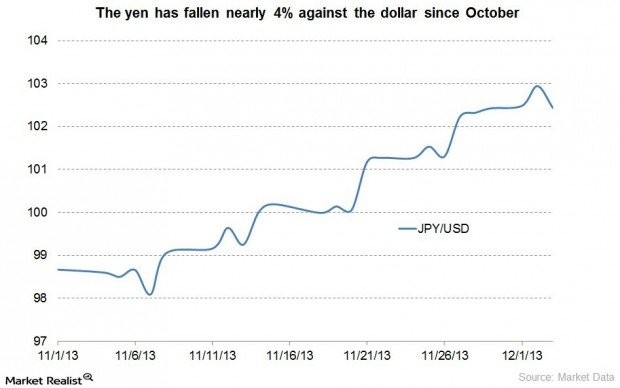Monetary Policy and Its Effects on Investors
Post on: 27 Май, 2015 No Comment

A Look at How Monetary Policy Affects Your Portfolio
Monetary policy is a word that gets thrown around a lot in the financial news media, but it’s a topic that few investors fully understand.
Monetary policy refers to the techniques that central banks use to control the supply of money, ranging from setting interest rates to purchasing troubled assets. Most central banks are tasked to use these techniques to control inflation and deflation. but some mandates have expanded to include things like controlling the unemployment rate (as in the U.S. Federal Reserve’s case).
Some common goals of monetary policy are:
- Price Stability (e.g. inflation/deflation control)
- Economic Growth (e.g. secular rise in GDP)
- Exchange Stability (e.g. low volatility with other currencies)
- Full Employment (e.g. maximized labor resources)
Monetary Policy Tools
Central banks use a variety of different methods to achieve their objectives and control the money supply. The most common techniques employed by central banks are open market operations designed to influence the federal funds rate in the federal funds market — a place where banks keep or borrow their required reserve capital.
Open market operations influence the interest rates in these markets by buying or selling government securities. Buying government securities creates a cash influx for banks, which can then lend that extra money to other banks and lower interest rates. The opposite is true if the government steps in and starts selling government securities, taking cash out of the market.
While these methods may influence interest rates, modern central banks employ a number of other techniques to combat issues when interest rates are already low. These monetary policy tools are usually referred to as unconventional monetary policy.
Here are some examples of these tools:
- Quantitative Easing — The purchase of financial assets directly from commercial banks and other private institutions with newly created money in order to inject a predetermined amount of money into the economy more directly.
- Altered Maturity Dates — The shift of debt or other assets held by central banks from short-term to long-term, or long-term to short-term, maturity dates in order to increase or decrease the amount of cash available in the economy.
Monetary Policy & Investors
Many investors know monetary policy best for its immediate effects on the stock market. For instance, the three rounds of quantitative easing announced between 2008 and 2012 led to significant market rallies after-the-fact. The reason is simply because lower interest rates help stimulate the economy and make loans to buy securities on margin cheaper.
Despite these immediate effects, the benefit of monetary policy — particularly unconventional monetary policy — is widely debated by economists. For instance, many retired individuals living off of pensions or savings are negatively affected by artificially low interest rates. Those supporting monetary policy argue the benefits far outweigh these costs.
There have also been a number of central bank failures around the world. For example, in Argentina, Cristina Fernandez de Kirchner’s administration is widely criticized by global economists for using the central bank’s foreign reserves to fund social programs, while the bank has failed to contain inflation rates that remain stubbornly high by many accounts.
Monetary Policy Announcements
Investors can capitalize on monetary policy decisions in a number of different ways given these well-known dynamics. Meanwhile, leading indicators can provide hints as to future monetary policy decisions, such as Purchasing Managers’ Indexes (PMI) and/or Consumer Price Indexes (CPI), which can provide economic health and inflation/deflation data.
Finding monetary policy decisions is a matter of looking in the right places:
And here are some key events to watch around the world:
- ECB M3 Money Supply
- BOE MPC Minutes
- RBA Meeting Minutes
- SNB Monetary Policy Assignment
- RBNZ Announcements
- US Fed Beige Book
- US Fed FOMC Minutes
- BOJ MPB Minutes














